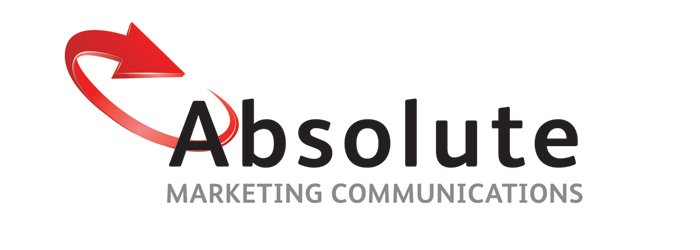I often have clients ask me to develop press releases with the sole objective of getting free publicity for their product or service. While generally that is the purpose of a press release, it’s not always the result. Often my clients are left disappointed because they haven’t been mentioned in the latest industry magazine or website. After all, there are countless posts on social media proclaiming that journalists want your story and its up to you to provide the media with news. There is a little truth to this but the bigger truth is: nothing is free and you’re not the only one with a news story out there.
Up until a few years ago I was employed by a high end consumer electronics brand. Every time I sent out a press release, whether it was to announce the release of a new product or to announce changes within our organisation I always got some form of media exposure. This sounds contradictory to what I mentioned earlier but it’s not. What I didn’t mention previously is that my team and I had formed strong relationships with editors, journalists and reviewers in our field for years. We supported their publications and websites with advertising so there was no question that we would get some form of support from them when we needed it. There were publications that we didn’t advertise with but still managed to get publicity out of. Again, it comes back to relationships and that we had a product they wanted to talk about.
Publications have now dramatically downsized since the evolution of digital content. The information usually sought out in magazines can now be found in a publication's online version. This being the case, magazines are smaller. To make a magazine smaller they have to cut back on editorial content. What editorial space there is available is reserved for clients that support the publication with advertising. You can’t argue with the logic.
Now I’m not saying that press releases are a waste of time. They’re not. They play an important role in a business’ media strategy. They serve the purpose of informing relevant media that you’re out there and that you have a great product or service. If your product or service is innovative, fills a gap in the market or is just a great product you will get exposure.
If you truly believe that your product or service deserves to be exposed to the public there are some ways you can assist in the process.
Call publications and have a chat to the relevant journalist or reviewer to talk about your product. You may not get anything on the first call but keep in contact with them, build the relationship.
If you are approaching local newspapers, they want the product or service to be relevant to their readers. Make mention of how your product or service is available to the people of a particular suburb.
Consider doing some small scale advertising in a publication you want to be featured in. While advertising can be expensive, most publications will have an online presence, you may be able to advertise online for a fraction of the print price. You can then negotiate some added value such as guaranteed editorial.
These are just a few things you can do to assist in gaining media exposure, there is so much you can do for your business, product or service to get the publicity and exposure you need.
If you would like help in putting together a press release or a media strategy you can email me at hello@absolutmarketingcomms.com.au
